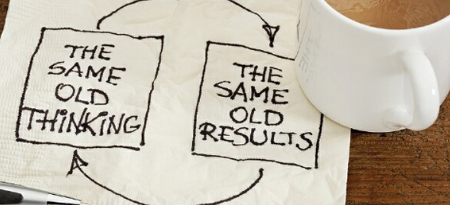10 Tips for Smoother Mornings
Posted by Collaborative Counseling
10 Tips for Smoother Mornings
Not all of us are morning and getting yourself and your kids ready and out the door can be down right stressful. Here are a few helpful tips to make mornings go smoothly.
1. Pack lunches the night before
Instead of rushing around in the morning to pack lunches for yourself and your kids do it the night before. You can even include your kids in this and have them help pack their own lunch.
2. Gets backpacks and outfits laid out
Having everything packed the night before eliminates the morning stress have rushing around to find library books that are due or show and tell items that are needed for that day.
3. Create a visual schedule for the morning routine
Visual reminders will help kids remember what is included in their morning routine. It will also help to keep them on task.
4. No screen time until everyone is completely ready
Not having screen time until everyone is ready can help with motivating everyone to stick to the routine so that
5. Give everyone a responsibility
Give everyone a job to help get ready in the morning. Whether it is putting out the dishes for breakfast, helping put away today, or helping a younger sibling get ready. Everyone will play a part in getting ready.
6. Be consistent
Being consistent will help your morning routine become habit for your family.
7. Make sure everyone gets enough sleep
Both you and your kids need sleep. Mornings will go better when everyone wakes up feeling well rested.
8. Don’t leave breakfast until last
Everyone has a hard time concentrating and getting things done when they are hungry. Have breakfast earlier in the morning to avoid cranky kids and cranky adults.
9. Remember to check the calendar
Set notifications if there is something special going on that day. No one wants to forget a fun dress up day for the kids or forget to get a treat ready for the class.
10. Stay calm
The more you can organize the easier it will be to get things ready in the morning without getting frustrated or flustered.
How your morning goes can really set the tone for your entire day. Use these tips to help form a morning routine and have less stressful mornings.
Read More
 View Our Locations
View Our Locations Request Appointment
Request Appointment



